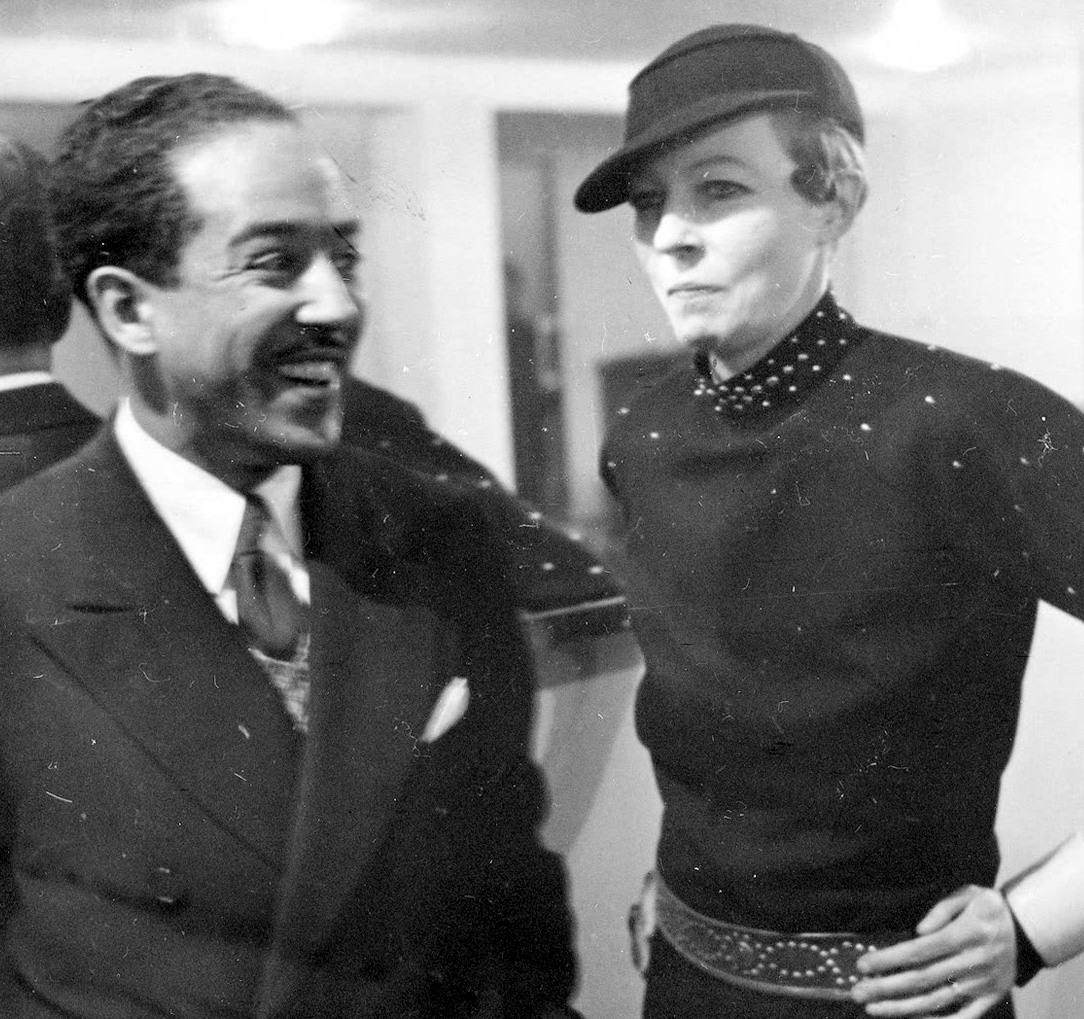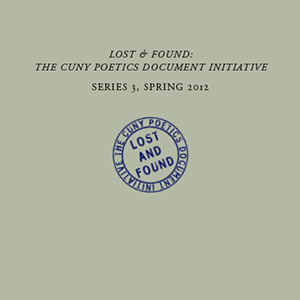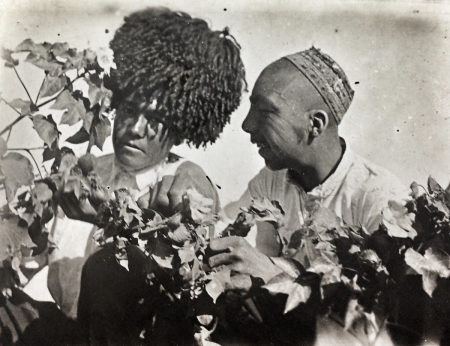Langston Hughes, Nancy Cunard & Louise Thompson: Poetry, Politics & Friendship in the Spanish Civil War
Langston Hughes, Nancy Cunard & Louise Thompson: Poetry, Politics & Friendship in the Spanish Civil War
$8.00

Editor: Anne Donlon
55 pages, softcover, saddle-stitch binding
This volume collects Langston Hughes’s correspondence with Nancy Cunard and Louise Thompson during the Spanish Civil War. In addition, the final section presents unpublished and uncollected poems by Hughes, including “A Note from Spain,” an unpublished poem from the series of epistolary “Johnny” poems, and “Mother and Child,” an undated poem by Hughes that narrates an aerial bombing.
Author Biographies:
Langston Hughes (1902-1967) was born in Joplin, Missouri, and grew up in Kansas, Illinois, and Ohio. After briefly
attending Columbia University, he worked on ships, traveled widely, and lived in France, before returning to the U.S. In the 1920s, he gained a reputation as a poet, becoming a leading figure in what he called, in his first autobiography, “the black renaissance.” His first book of poems, The Weary Blues, was published in 1926. He graduated from Lincoln University in 1929. In the 1930s, he became involved on the political left, traveling to the Soviet Union, and later to Spain, and serving as honorary president of the League of Struggle for Negro Rights. Though he later distanced himself from his 1930s radical politics, most famously in a public statement following controversy over his poem “Goodbye Christ” in the early 1940s, and a McCarthy hearing in 1953, he remained involved in campaigns for social justice. In 1966, he attended the First World Festival of Negro Arts in Dakar, Senegal. Throughout his life, he wrote plays, screenplays, short stories, newspaper articles, speeches, autobiography, novels, and poems. He died in New York.
Nancy Cunard (1896-1965) was a British poet, journalist, editor, and activist, who lived for much of her adult life
in France. Born into the Cunard shipping line family, she was disinherited when she publicly denounced her mother’s racism in Black Man and White Ladyship (1931). She was involved in European modernism and surrealism in Paris
and London in the late 1910s and 1920s. After she met the African-American musician Henry Crowder, she became committed to African diasporic culture and emancipatory politics. Her anthology Negro (1934) compiled a wide range of writing on art and politics of Africa, the Caribbean, and the Americas. She wrote for newspapers including Sylvia
Pankhurst’s New Times and Ethiopia News, the Associated Negro Press, and the Manchester Guardian on events in Ethiopia, Spain, France, England, and the Caribbean. She wrote poetry, including a collection of poems in French on Spain, Nous Gens d’Espagne [We People of Spain], memoirs, pamphlets, and articles. She died in Paris.
Louise Thompson Patterson (1909-1999) was born in Chicago, and grew up in California. She graduated cum laude from the University of California at Berkeley in 1923. She took part in literary and artistic circles in Harlem in the 1920s, and in 1931 organized a trip of African-Americans to the Soviet Union to take part in the unrealized film
Black and White. In the 1930s, she became a prominent figure in the American left, working for the International
Workers’ Order and serving on the editorial board of the left-wing Woman Today. Under the I.W.O.’s auspices, she founded the Harlem Suitcase Theatre with Hughes in 1938. She married the organizer William Patterson in 1940. She helped found the Civil Rights Congress, and formed the black women’s organization Sojourners for Truth and Justice. She died in New York.
Selected Archives:
- Beinecke Rare Book and Manuscript Library, Yale University, New Haven, CT
- Harry Ransom Center, University of Texas, Austin, TX
- Manuscript, Archives, and Rare Book Library, Emory University, Atlanta, GA

